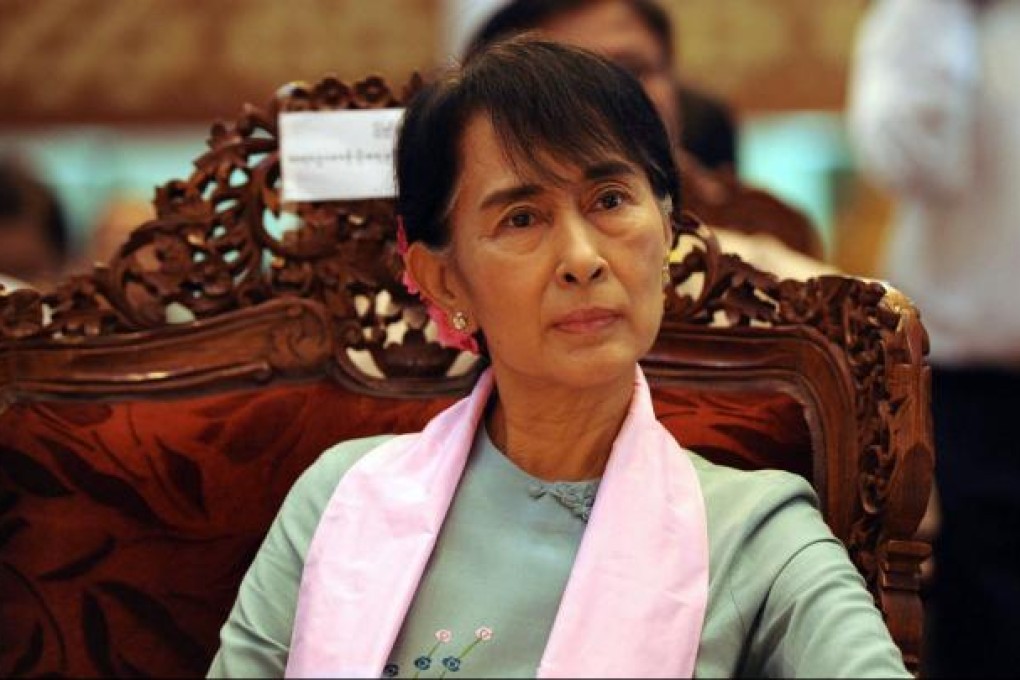Myanmar's reformers pressed over Rohingya's plight
Even friends are asking why the likes of Aung San Suu Kyi are not speaking up about minority's persecution, which could damage Asean

Increasingly it is becoming known as Myanmar's Rohingya problem. The reforming nation's treatment of its stateless - and most persecuted - minority is having an ever greater impact on its foreign relations, from Aung San Suu Kyi's visit to the US this week to potentially complicating an otherwise supportive relationship with its Southeast Asian neighbours.

The Nobel Peace Prize laureate is due to receive a US Congressional Gold Medal - America's highest civilian honour - among other awards.
But US human-rights activists are hoping she will use the trip to call for nationality rights for an estimated 800,000 remaining Rohingya, conservative Muslims who live mostly in Myanmar's far western Rakhine state along its border with Bangladesh.
Some are even suggesting her formidable moral weight could be dented.
"She could have been Gandhi, but she sacrificed her moral authority," said Robert Lieberman, a physics professor at Cornell University in Ithaca, New York, who made an undercover documentary on Myanmar.
"The Burmese are very prejudiced against the Rohingya, and she is running in 2015. Politics are a dirty business," he told the Bloomberg news agency.